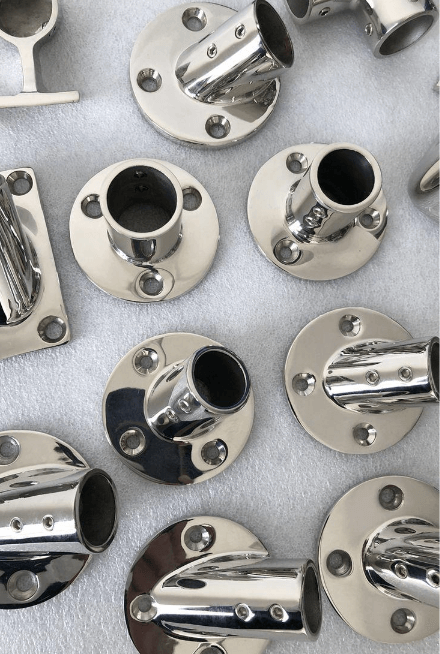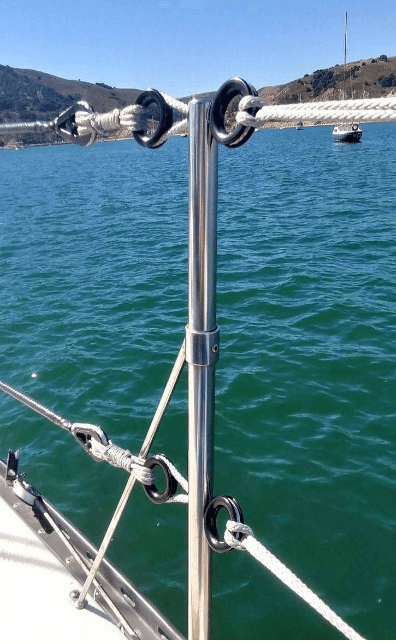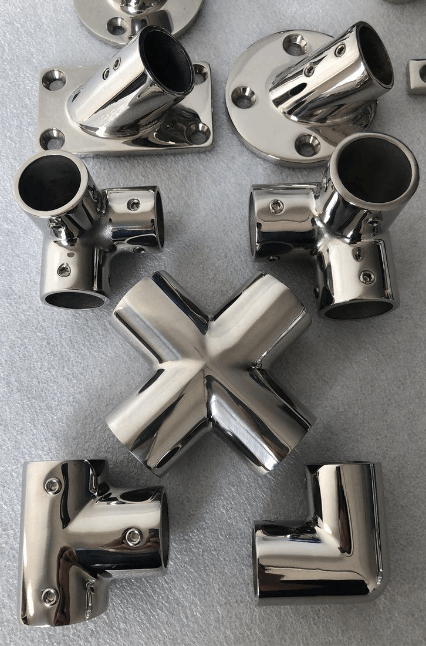SUS 316L stainless steel
SUS 316L is a low-carbon stainless steel belonging to the SUS 300 series. It has excellent corrosion resistance and is especially suitable for environments containing corrosive media such as salt, acid, and alkali. Its low carbon content helps reduce the risk of intergranular corrosion, making it a high-performance material widely used in chemical, medical, food processing and other fields.
SUS 316L Chemical Properties
SUS 316L has a balanced chemical composition, mainly including molybdenum, nickel, chromium and other elements. The addition of molybdenum enhances its corrosion resistance, nickel improves high-temperature resistance, and chromium gives it antioxidant capabilities. The synergy of these elements makes SUS 316L stable in extreme environments.
316L Chemical Properties (%)
| ITEM | C | SI | MIN | P | S | CR | NI | MO | N | CU | OTHERS |
|---|---|---|---|---|---|---|---|---|---|---|---|
| Min | === | === | === | === | === | 16.00 | 10.00 | 2.00 | === | === | === |
| Max | 0.08 | 0.75 | 2.00 | 0.45 | 0.030 | 18.00 | 14.00 | 3.00 | 0.100 | === | === |
SUS 316L mechanical properties
SUS 316L has excellent mechanical properties, including excellent tensile strength, yield strength and ductility. This enables SUS 316L to maintain stable mechanical properties under high stress and extreme temperatures, making it suitable for a variety of engineering and manufacturing applications.
316L mechanical properties
| MIN | MAX | ||
|---|---|---|---|
| Yield Strength (N/mm2) | 0.20% Y.S. | 175 | N/mm2 |
| 1% Y.S. | === | ||
| Tensile Strength (N/mm2) | 485 | N/mm2 | |
| Elongation % | 40 | === | |
| Hardness Test | HRB | === | 90 |
| HV | === | 200 |
SUS 316L physical properties
The physical properties of SUS 316L include density, thermal conductivity and thermal expansion coefficient. Its density is high and its thermal conductivity is excellent, allowing it to quickly equalize temperature in high-temperature environments. In addition, the low thermal expansion coefficient helps reduce stress caused by temperature changes and improves its service life.
SUS 316L corrosion resistance
The excellent corrosion resistance of SUS 316L makes it ideal for use in marine environments and the chemical industry. It can resist the attack of corrosive media such as acids, alkalis, and salts, and performs well in environments with high chlorine content. This corrosion-resistant property makes SUS 316L widely used in manufacturing chemical equipment, marine engineering structures, etc.
SUS 316L product application
The versatility of SUS 316L makes it suitable for a wide range of applications in various fields. In the medical field, it is often used to make surgical instruments, artificial joints, etc.; in the chemical industry, it is used as an ideal material for pipes, containers, and chemical equipment; in the food processing industry, it is used to make corrosion-resistant food processing equipment. In addition, SUS 316L also plays an important role in shipbuilding, energy, automobile and other fields.



In summary, SUS 316L stainless steel has become the material of choice for many high-end applications due to its excellent corrosion resistance, chemical stability and superior mechanical properties, driving the continuous development of modern industry.